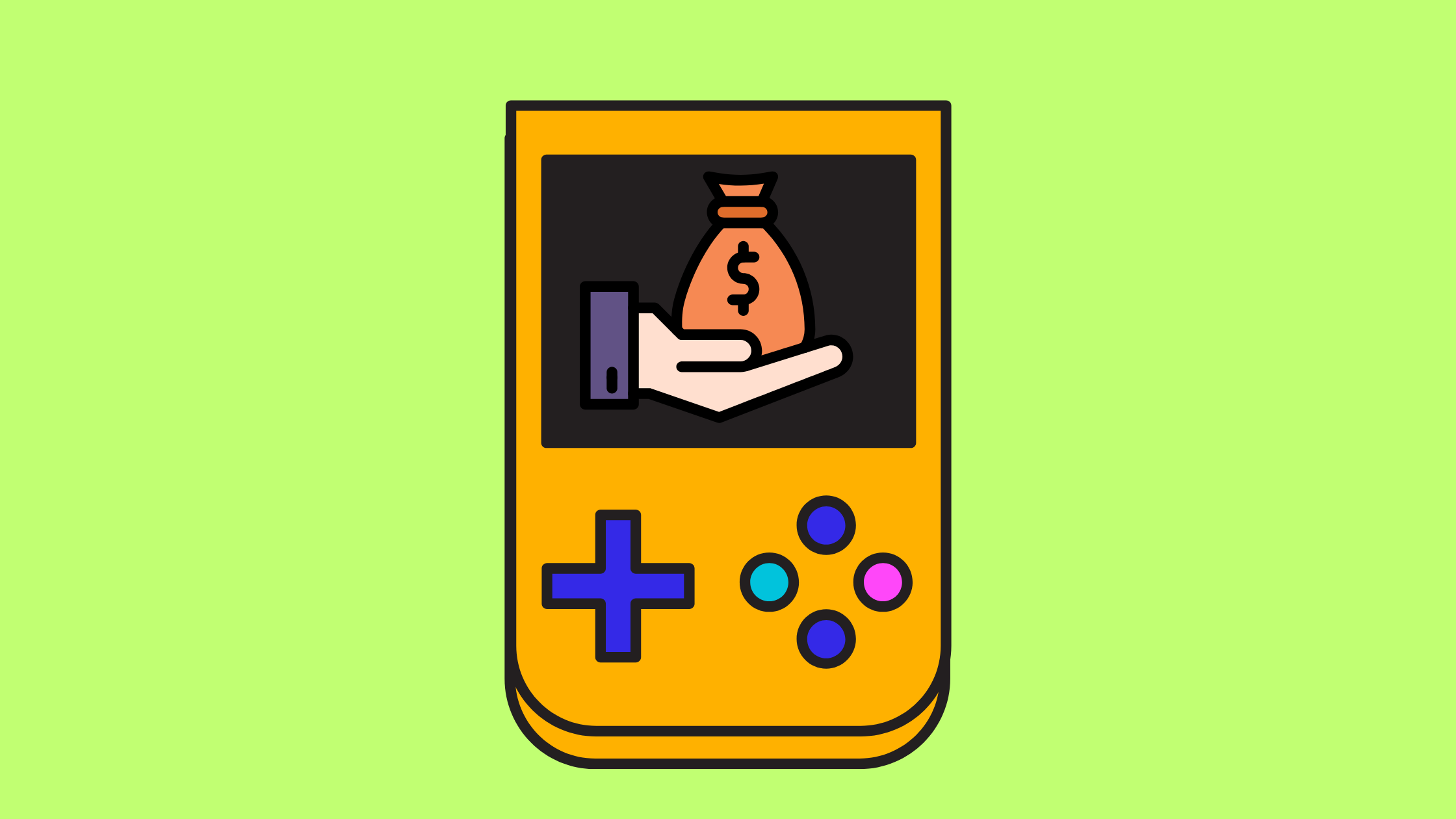To monetize or not to monetize: Making money as game dev

One of the debates of being a solo game developer is monetization. This can vary by developer so I don't want to generalize every game developer since I do not think that is fair. A game developer can have any reason or view about monetization of their game. I made this a longer post than usual due to various arguments for or against monetization.
Reasons to monetize a game
Sustainability and Growth
Growth is an important facet of game development. Monetizing your game can provide a source of income that allows you to continue developing games, improving existing ones, or even expanding your studio. Having more money can allow you as a developer to put more resources into the video game. If I had more money for funding, it would go into hiring a composer, VAs, and most importantly artists.
Funding Future Projects
To extend on the previous points above in growth. Revenue from your current game can help finance future projects, avoiding seeking external funding, like loans or investors, which might restrict creative control. A perk of being an indie publisher is creative freedom. It's common now for indie developers to have subscription tiers for funding.
Reward for Effort
Getting paid to make games is a great achievement for indie game developers. Game development requires time, resources, and dedication. Monetizing allows you to be fairly compensated for your hard work and creativity.
Better Resources for Development
With a stable income stream, you can invest in better tools, hire additional talent, and improve the overall quality of your games. If I were to raise money for a future project, I would hire a team to handle different areas during the project.
Marketing and Support
It is no surprise there is bias in online markets when marketing for video games. Platforms often take monetized games seriously, giving you more exposure through store promotions, better visibility, and access to marketing resources. It's a harsh truth, but that is the way things are. Marketing is not easy as a solo developer with limited or no funding.
Reasons not to monetize a game
Creative Freedom
If you don't rely on the game for income, you might have more creative freedom to experiment without worrying about sales, reviews, or making content that appeals to a mass audience.
Avoiding Player Pushback
Over the last few years, players have expressed concerns about in-game purchases in AAA games. Monetization, especially through ads or in-game purchases, can sometimes lead to negative feedback from players who prefer a pure gameplay experience—however, some genres of games protease in-game purchases such as gacha games and fighting games.
Risk of Alienating Your Audience
Some players may avoid games that cost money or are heavy on microtransactions, especially when a wide selection of free alternatives is available. Free games can have in-game options but are optional to purchase. Despite the risk, players will spend money on in-game purchases. Players may spend a couple of bucks to hundreds to thousands of dollars on a video game. This behavior is more common with gacha and MMO games where there is more incentive for pay-to-play features and Whales (players who spend a large amount on in-game microtransactions) in games.
Focus on Passion, Not Profit
I create my games in terms of an art medium and story rather than a game. By not monetizing, you can focus on creating something you’re passionate about, which may resonate more deeply with niche audiences who appreciate art over profit-driven projects. Indie game devs chose to release a game for free just for fun. There is nothing wrong with monetizing your video game, indie developers who spent their own time working on the game chose to monetize their game because they have grown a community willing to pay for their games. There have been scams that posed as video games only for profit than delivering a video game for players. Focusing on making a game first should be a priority over profit.
No Pressure to Deliver
I noticed when there is a crowdfunding effort for games is pressure to deliver a project. I won't list the countless games that were crowdfunded only to deliver an underwhelming product or no video game at all, scamming many players of their money. When money is involved, there’s often more pressure to meet deadlines and deliver on promises. Without monetization, you can work at your own pace, refining the game until you're truly satisfied. Pressure to deliver can add drama to the game itself and the community.
Balancing these factors is key. Monetization can provide much-needed support but may come at the cost of some creative and community-based advantages. While it may take a while to make a profit from indie game development, I encourage you to keep trying. Indie game developers may never monetize their games for profit and only focus on creative expression.